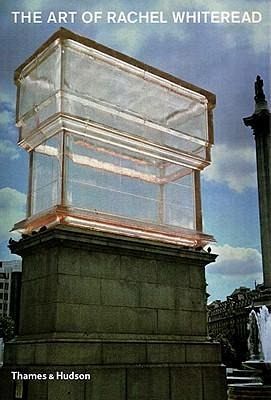Nicht lieferbar

The Art of Rachel Whiteread
Versandkostenfrei!
Nicht lieferbar
Based upon a practice of inverted casting making space tangible- Rachel Whiteread's work offers both intimate and public meditations on vital questions of history, memory, and social change. But these are also artworks with profound and carefully weighted formal concerns and an affiliation with the critical issues of sculpture raised throughout the twentieth century. Whiteread's work is, perhaps, provoking because it so successfully melds artistic and historical issues, restoring to public attention neglected issues that more dominant interests would wish forgotten. Out of the solidification of space Whiteread creates an archive that compacts and makes legible those intangibles that comprise so much of ordinary life. This collection of essays by leading authorities on contemporary art examines Whiteread's work from her earliest domestic objects of the late 1980s through controversial projects such as House to her recent, large-scale public works, including Water Tower in New York, Monument in London's Trafalgar Square, and Holocaust Memorial in Vienna. The book includes discussions of both Room 101, her cast of George Orwell's room at the BBC, and recent gallery installations. Whiteread's work is appraised both in terms of its relationship to art history and its social and political impact, and examined for theoretical approaches through which we may better understand this most complex and challenging of contemporary artists.
In little more than a decade Rachel Whiteread has emerged as one of the most significant British artists of the past fifty years, with a substantial international reputation. Based upon a practice of inverted casting - making space tangible - Whiteread's work offers both intimate and public meditations on vital questions of history, memory and social change. But these are also artworks with profound and carefully weighed formal concerns and an affiliation to the critical issues of sculpture raised throughout the twentieth century. Often surrounded by controversy, Whiteread's work is, perhaps, so provoking because it so successfully melds artistic and historical issues. Out of the solidification of space Whiteread creates an archive that compacts and makes legible those intangibles that comprise so much of ordinary life: lost memories and stilled voices. Whiteread's work is appraised both in terms of its relationship to art history and its social and political impact, and examined for possible theoretical approaches through which we may better understand this most complex and challenging of contemporary artists.



